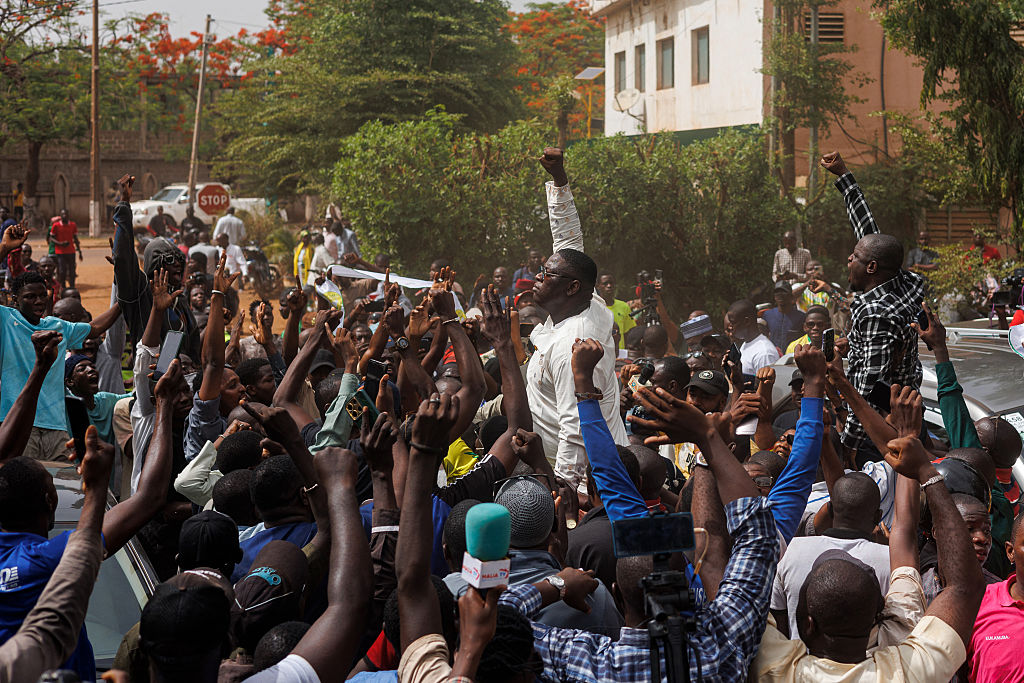
Malian journalist Seydou Oumar Traoré, Director General of Radio Baoulé, has been sentenced to one year in prison—six months of which must be served—for insulting a foreign head of state, General Mamadi Doumbouya of Guinea.
The ruling was handed down by Mali’s National Cybercrime Unit on Monday, July 14, 2025, and includes a fine of one million CFA francs.
The conviction stems from a 3-minute, 39-second video posted on social media, in which Traoré made statements deemed offensive to General Doumbouya, the transitional leader of Guinea. Authorities argued the video harmed the image of a foreign leader, a charge that falls under cyber defamation laws.
Traoré was arrested on May 25 and placed in pre-trial detention the following day.
During the hearing prior to sentencing, the prosecutor pushed for a two-year custodial sentence, while the Malian state—acting as a civil party—called for a fine of two million CFA francs. The court eventually settled on a lesser penalty: six months in jail with an additional six months suspended, plus the reduced fine.
While the outcome is seen by some as a compromise between punishment and press freedoms, it has reignited discussions about the boundaries of journalistic expression in the digital age.
Many in Mali’s media sector view the case as emblematic of the growing tension between national security, international diplomacy, and the right to free speech.
Critics argue that criminalizing commentary on public officials, particularly foreign leaders, could have a chilling effect on journalistic independence. Advocates for press freedom have warned that social media’s rise has opened new legal frontiers that may be used to silence dissent.
The case adds to a broader debate across West Africa about how best to balance responsible journalism with the imperatives of diplomatic respect and national cohesion in an era of instant, digital communication.



